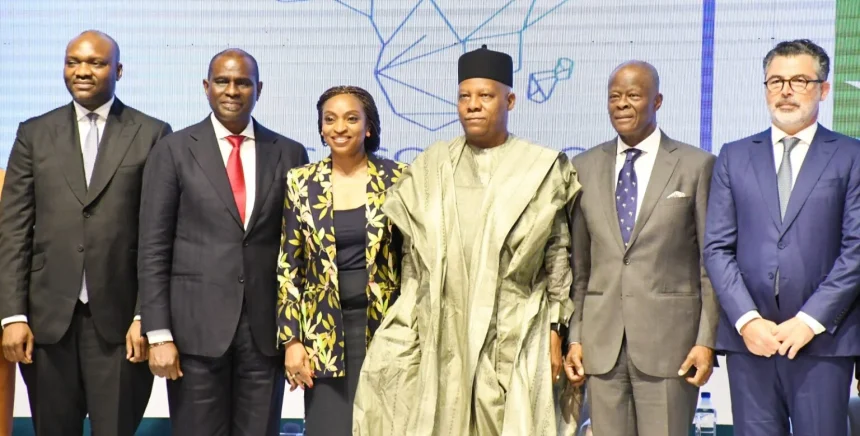“There can be no greater inspiration to re-imagine how we invest in setting up critical infrastructure, strengthening our climate resilience, promoting food security through agricultural innovation, supporting micro, small and medium enterprises or embracing digital economy to create jobs and expand opportunity.
“None of these is possible without catalytic institutions that combine strategic foresight with sound financial discipline.
“This is why the Nigeria Sovereign Investment Authority stands not only as a steward of our sovereign capital but as a vehicle for the delivery of strategic infrastructure.
“It is a catalyst in our national quest to redeem renewable energy, healthcare, agriculture and much more. It is also a hub for pioneering innovative capital mobilisation solutions tailored to the realities of our continent,” he said.
Tinubu noted that ASIF had the pan-African apparatus to harness the collective strength of the continent’s sovereign investment institutions, just as he maintained that the time to act was now.
“We must act and act now to close the infrastructure gap, build resilience to climate change and create jobs for our expanding youth population.
“This is precisely why platforms like the Africa Sovereign Investors Forum are not just relevant but essential.
“ASIF offers a pan-African mechanism to harness the collective strength of our sovereign investment institutions.
“It gives us the power to share knowledge, co-invest across borders and speak with a unified voice in the global financial ecosystem.
“Through this kind of collaboration, we will attract the scale of capital required to unlock Africa’s latent potential,” he stated.
The Managing Director of NSIA, Mr Aminu Umar-Sadiq, said that the meeting would focus on how African sovereign wealth funds could achieve three things through effective domestic, continental and global partnerships.
The first one, Umar-Sadiq said, was how Africa could offer the right balance between the risk-takers and the conservative investors managing wealth for future generations in Africa.
“Secondly, how we can collectively co-create a sustainable investment vehicle that can mobilise global capital at scale to channel towards propositions that offer as much emphasis on commercial returns.
“Thirdly, how we can position ourselves as the preferred financial and strategic partners of choice, with the right blend of domestic influence and capital for global investors seeking market exposure in our respective sovereigns,” he said.
The managing director said it was ASIF’s hope that the forum would serve as the catalyst to turn the ‘perfect blend of expertise’ into actionable, transformative outcomes.
Minister of Finance and Coordinating Minister of the Economy, Mr Wale Edun, listed priorities for the stakeholders at the forum.
Edun said that the priorities included: capital mobilisation at scale, regional and intercontinental collaboration, human capital and policy alignment, saying that they were critical for transformative development across the continent.
He said that the ASIF meeting would birth significant transactions that could mobilise the required resources, drive economic transformation across Africa, forge impactful partnerships and build a sustainable future.
President of AfreximBank, Prof. Benedict Oramah, emphasised the need for stakeholders to keep African sovereign wealth funds on the continent by investing in domestic markets.
Oramah noted that the forum could help reshape Africa’s development financing in a manner that would give the continent greater opportunity to determine its developmental trajectory.
Also speaking, Chairman of African Sovereign Investors Forum (ASIF), Mr Obaid Amrane, expressed the forum’s commitment to facilitating the participation of sovereign investors in Africa’s transformation.
He said that in just three years, ASIF had made significant strides in enhancing Africa’s global positioning and closing the infrastructure funding gaps across the continent.
A Pan-African activist, Prof. P.L.O. Lumumba, called on leaders across Africa to leverage huge resources domiciled in the continent to invest in the future of the unborn generations.
According to him, it is an intergenerational duty for political and economic leaders on the continent to cater for unborn generations.
Lumumba noted that Africa’s resources were inexhaustible and that leaders must invest in the future of the generations to come.



